
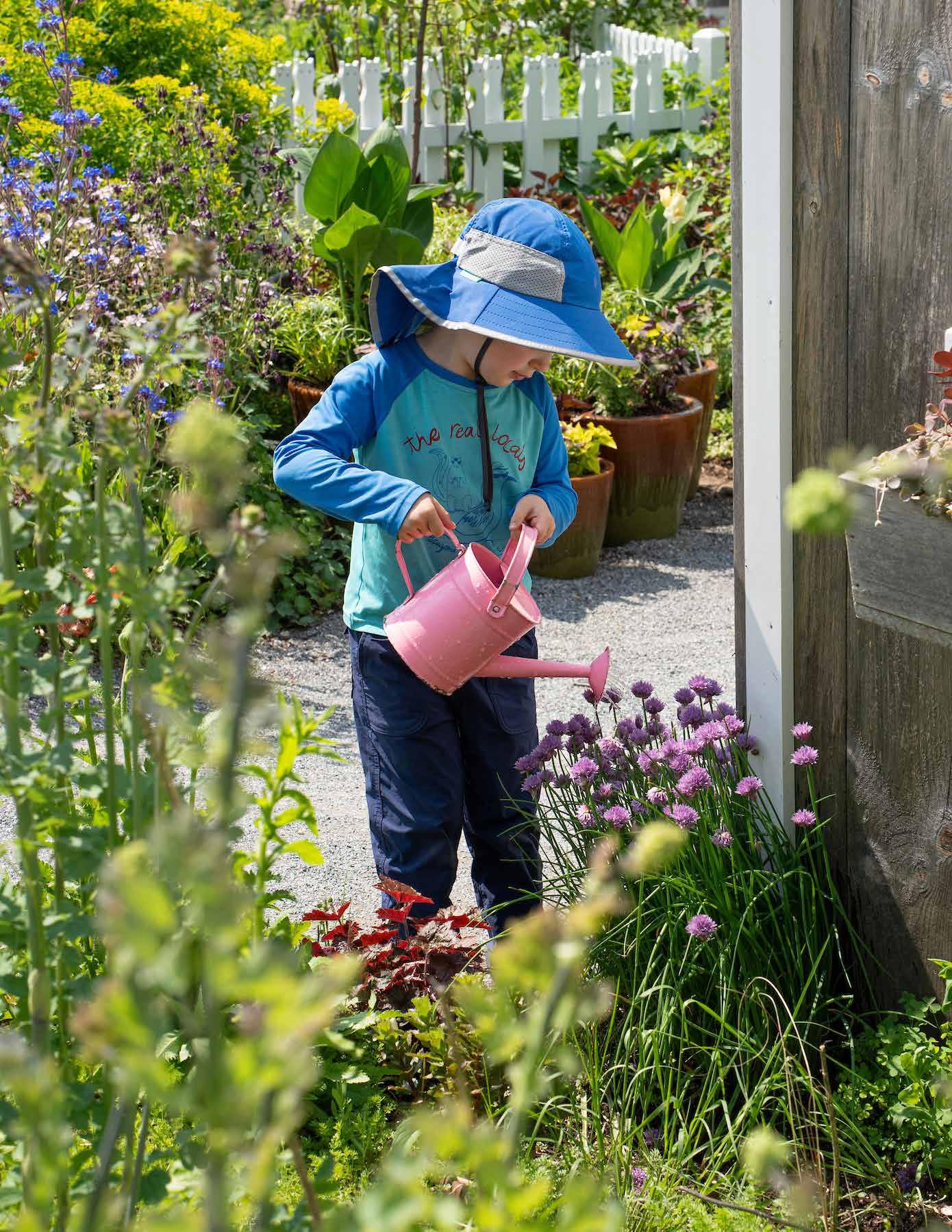



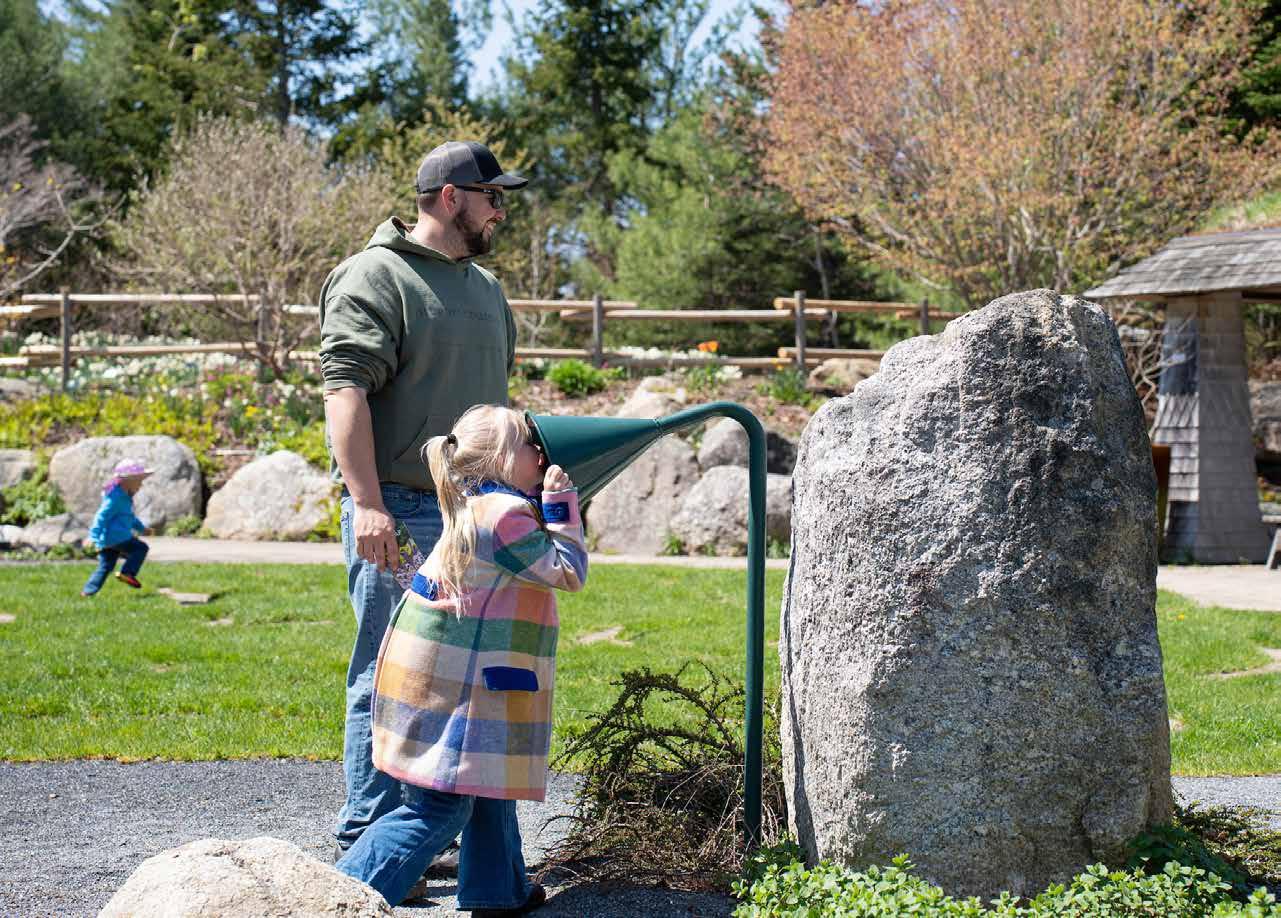
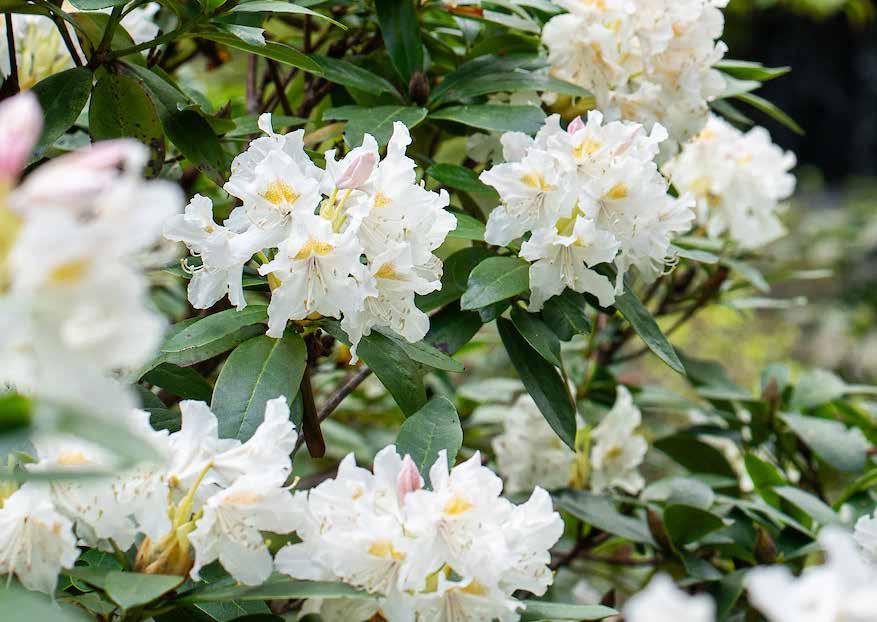
Dear Friends,
As I reflect on the past year, I am deeply grateful to everyone who has helped to make our work possible— from staff to volunteers, to members and guests, to you. Thank you for joining us on this journey, and for your continued interest in our work. We are proud to have such an engaged community of supporters and ambassadors by our side.
The Gardens was once again one of the top three mostvisited destinations in the state, welcoming more than 300,000 guests to Midcoast Maine. More than 100,000 participants interacted with our educational offerings, inspiring guests to feel connected to the natural world. Through our plant science, seed banking, and ecological restoration, we are doubling down on our commitment to plant conservation.
Coastal Maine Botanical Gardens is part of a constellation of dedicated organizations around the world focused on preserving biodiversity, educating the public, and protecting the planet. We feel fortunate to deliver on our mission at such a scale, and your support and participation in our efforts makes all of this possible. See you at the Gardens soon!
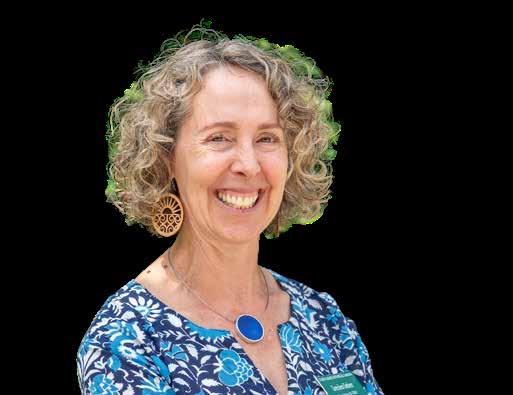

Gretchen Ostherr President & CEO
April 1, 2024 through March 31, 2025
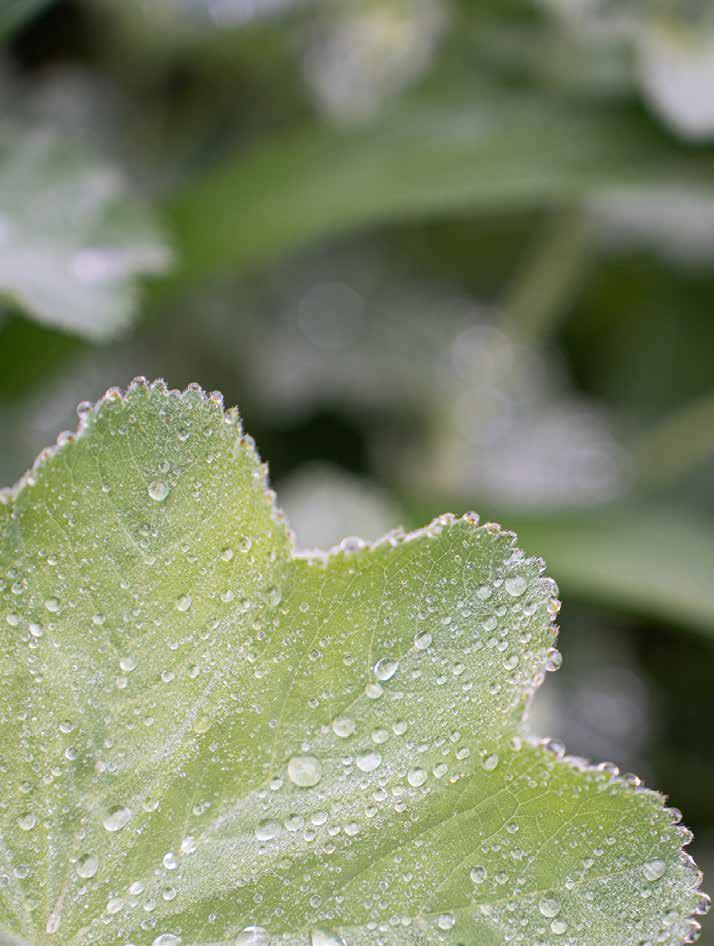

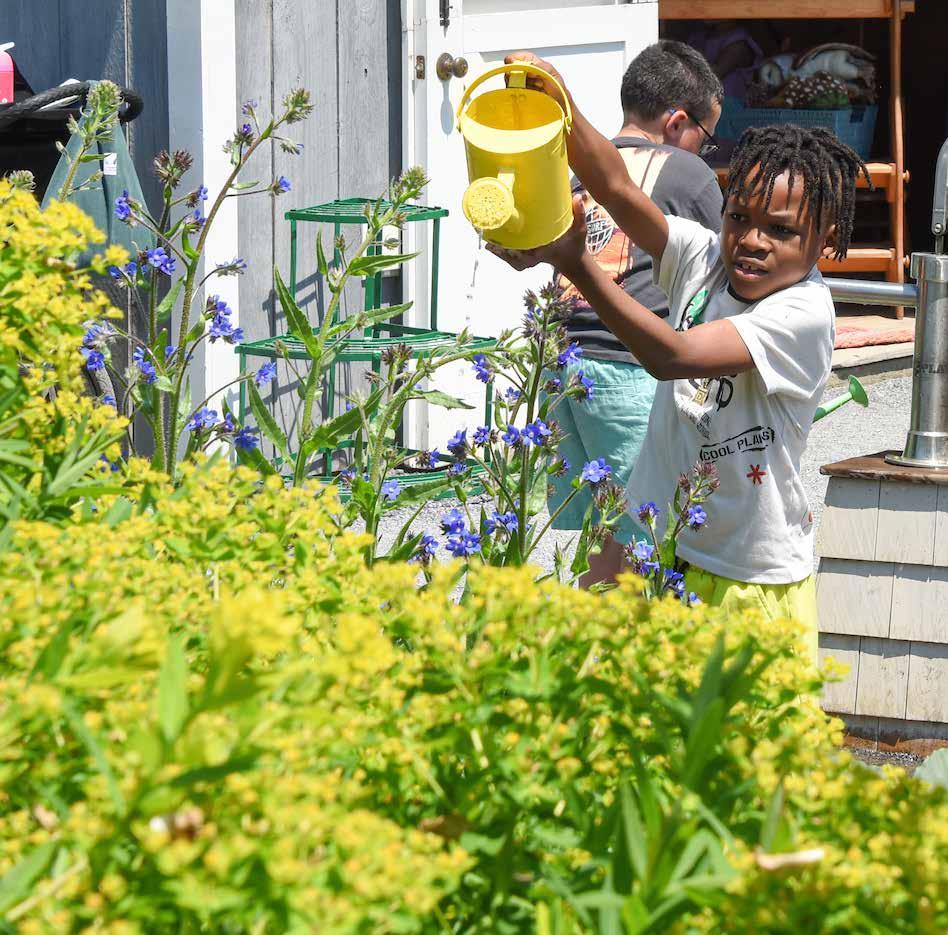
In 2024, the Gardens became the new public home for the Currier McEwen Siberian Iris Collection. Coastal Maine’s acidic soils, abundant water, and cool coastal climate create the perfect growing conditions. This collection, found in the Dahlia and Iris Garden, preserves these historic cultivars by introducing them to future gardeners and shares their story and beauty with visitors.
Dr. McEwen, the hybridizer behind this world-renowned collection, bred these cultivars in Harpswell, Maine. His efforts resulted in the introduction of over 160 Siberian and Japanese iris cultivars. One of his most celebrated introductions, ‘Butter and Sugar’—a breakthrough in iris breeding—was the first yellow Siberian iris to hold its color when it was introduced in 1977, boasting showy yellow and white flowers.
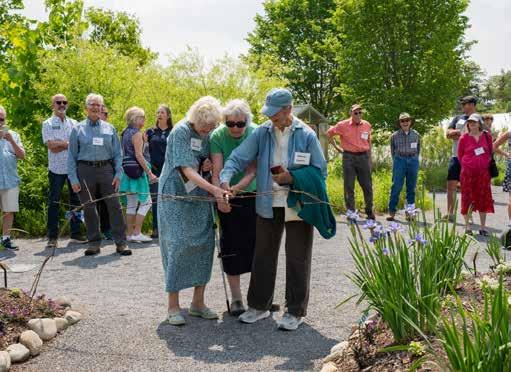
Generously donated by Harriet Robinson, vice president of the Maine Iris Society, and the McEwen family, the collection includes 80 Siberian iris cultivars and demonstrates a diversity of color, form, size, and height. In addition to the Dahlia and Iris Garden, McEwen’s irises can be seen throughout the Gardens in the Bibby and Harold Alfond Children’s Garden, the Lerner Garden of the Five Senses, and the Slater Forest Pond Garden.
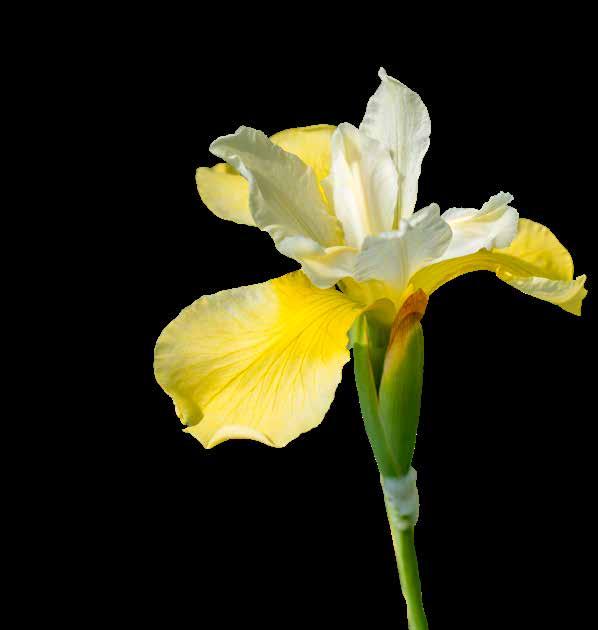
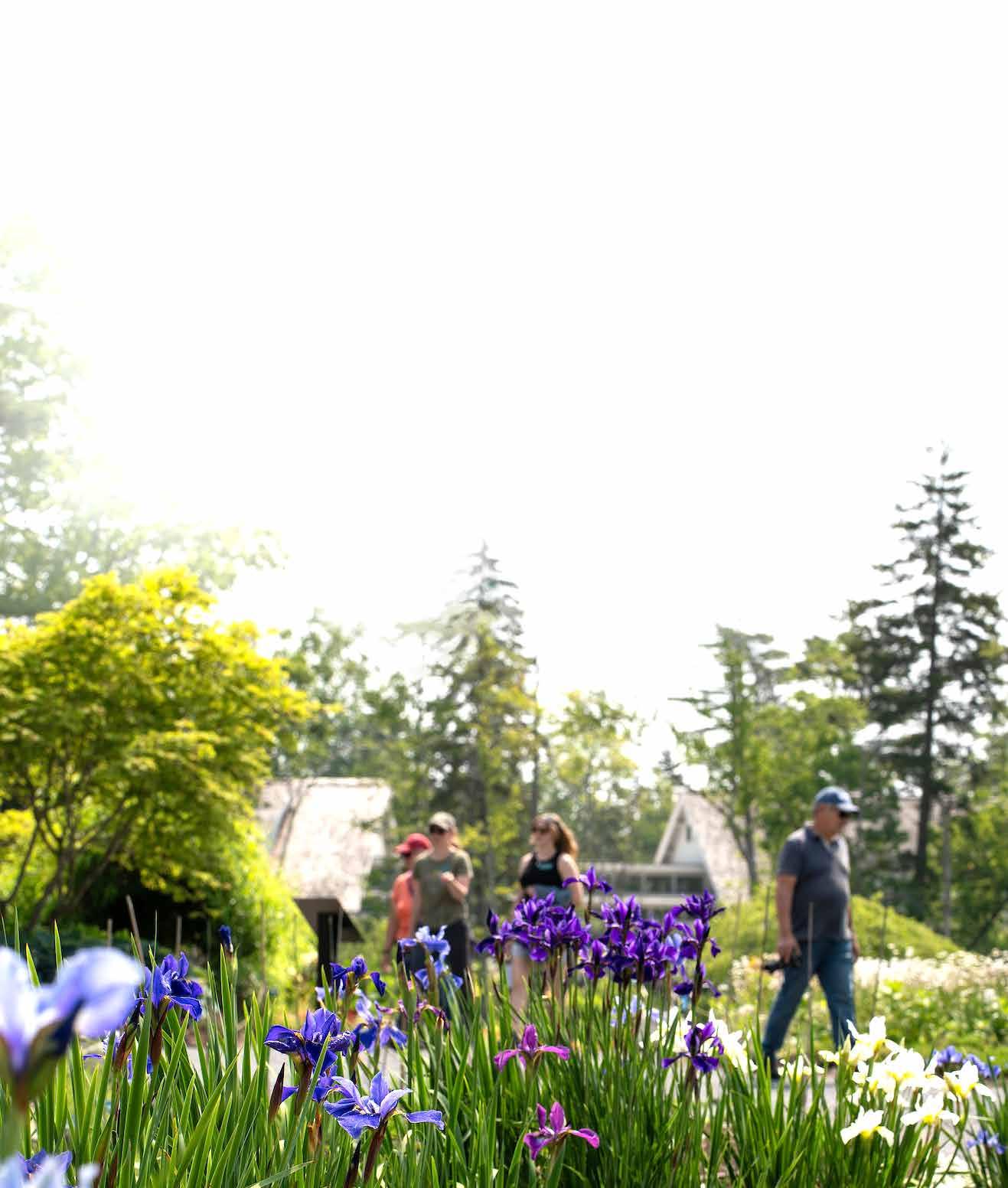

Embarking on a new kind of partnership, Wabanaki Public Health and Wellness (WPHW) collaborated with our Horticulture and Education teams to create a new garden space, Three Sisters Garden.
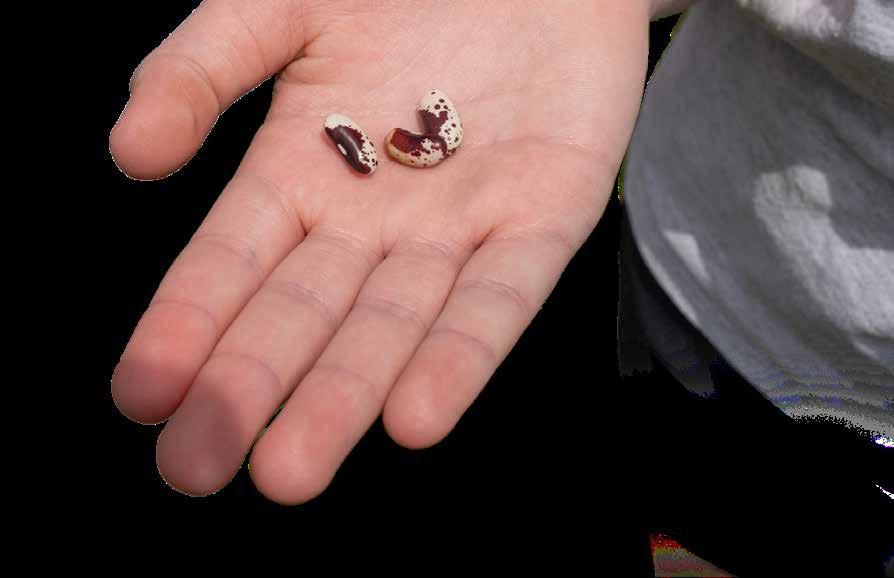
The collaboration represents an opportunity to return Indigenous practices to the space held by the Gardens, and to engage our guests with the teachings of the Three Sisters, sustainers of life in Wabanaki culture. The Three Sisters—Corn, Beans, and Squash—work together to create the ideal growing system. Although these plants grow alone, they thrive together.
In spring 2024, participants in Wabanaki youth organizations traveled to Boothbay to plant each of the Three Sisters, using seeds handed down for generations. In the fall, over 600 pounds of squash were harvested and delivered to WPHW’s Mobile Food Pantry, providing culturally relevant food to those who need it.
In both the traditional planting methods and in these connecting events, the Three Sisters Garden symbolizes Wabanaki values of respect, responsibility, reciprocity, and relationship. Thanks to our partnership with WPHW, this space invites visitors to discover Wabanaki lifeways and reflect on how these values can anchor us all in working toward sustainable livelihoods.
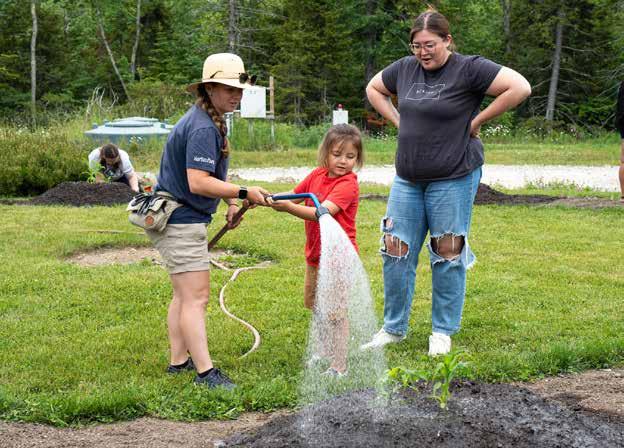
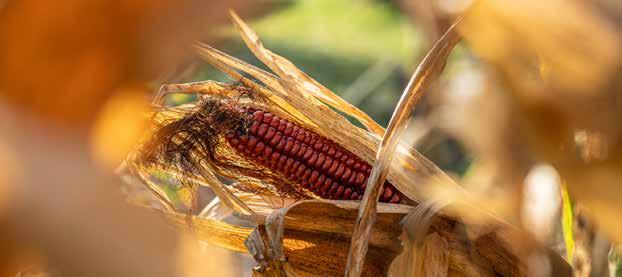

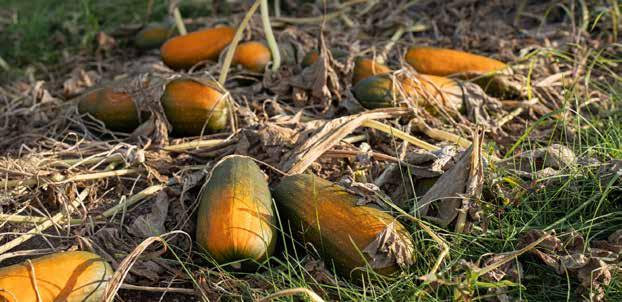
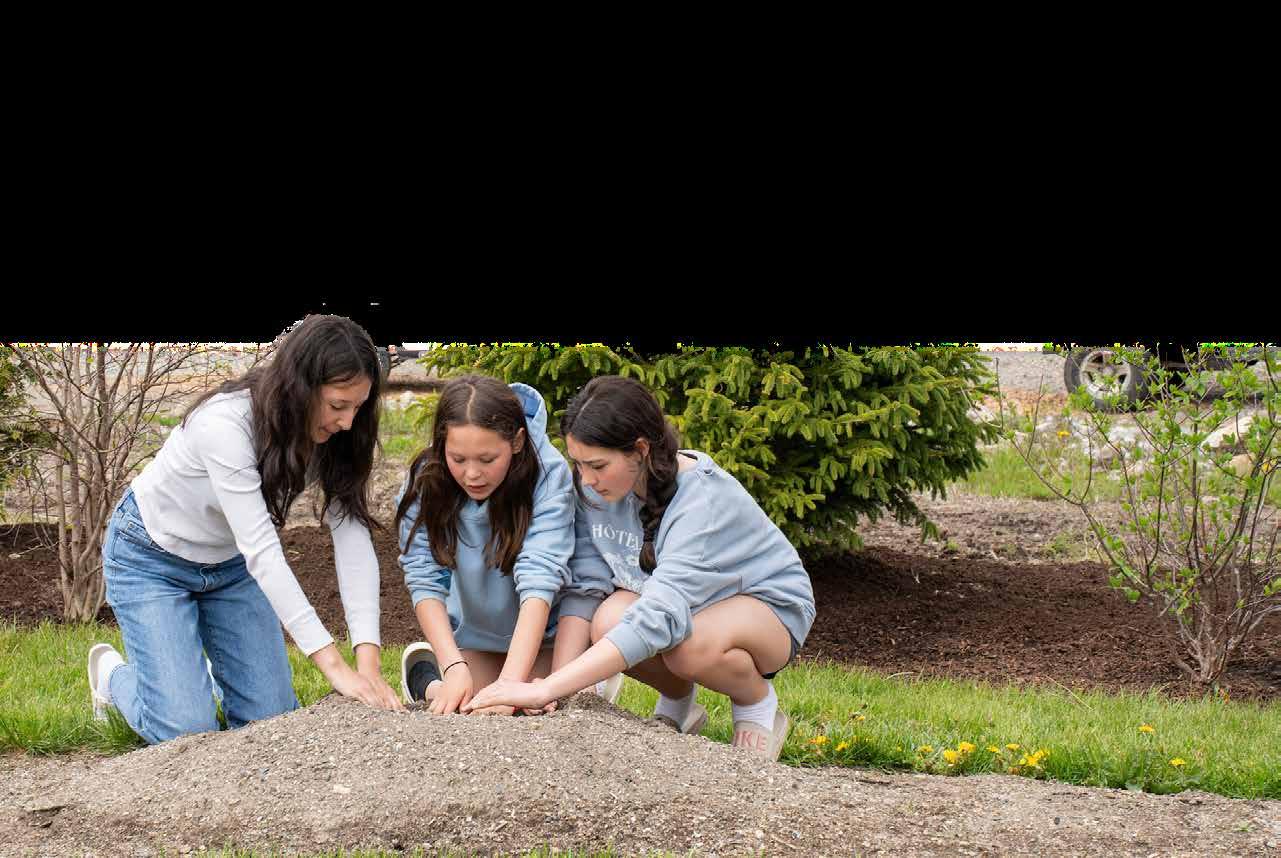
As climate change accelerates and ecological restoration becomes increasingly vital, the demand for local Northeast native seeds has outpaced supply. The Gardens’ Plant Science team is deeply engaged in the work of the Northeast Seed Network , a broad alliance of partners across the region—including conservation organizations, farmers, nurseries, preserves, public gardens, and others— dedicated to expanding the availability of local native seeds. This work is critically important because sourcing native plant seeds at the scale needed for projects like land restoration after wildfires or floods is increasingly challenging. By targeting seed collection and facilitating cooperation, the Network will ensure native seeds are readily available for restoration efforts.
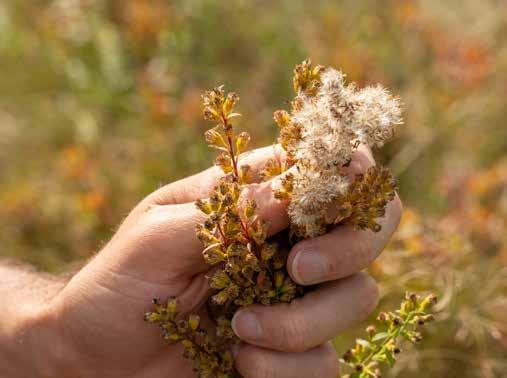
Our team has quickly stepped up to help lead two important initiatives within the Network:
The Gardens, Wild Seed Project, and Intervale Conservation Nursery have banded together to lead a Northern Appalachian-Atlantic Maritime Hub of the Network, which specifically connects and convenes partners from Vermont, New Hampshire, Maine, and New Brunswick and works to increase seed supply of northerly species from these areas. The Gardens’ seed bank serves as the physical seed storage repository for this hub; additionally, our herbarium houses the pressed plant “voucher” specimens documenting the parent populations of each batch of seeds collected.
We help guide the development and priorities of the Network’s new Restorative Landscape Coalition This coalition—made primarily of staff from botanical gardens and arboreta along the East Coast—aims to leverage the unique strengths of our institutions. These include staff with expertise in various plant sciences, platforms for plant-centered education, and specialized growing and conservation facilities, all in support of the Network’s mission to expand the availability of genetically diverse, ecologically appropriate native seed.
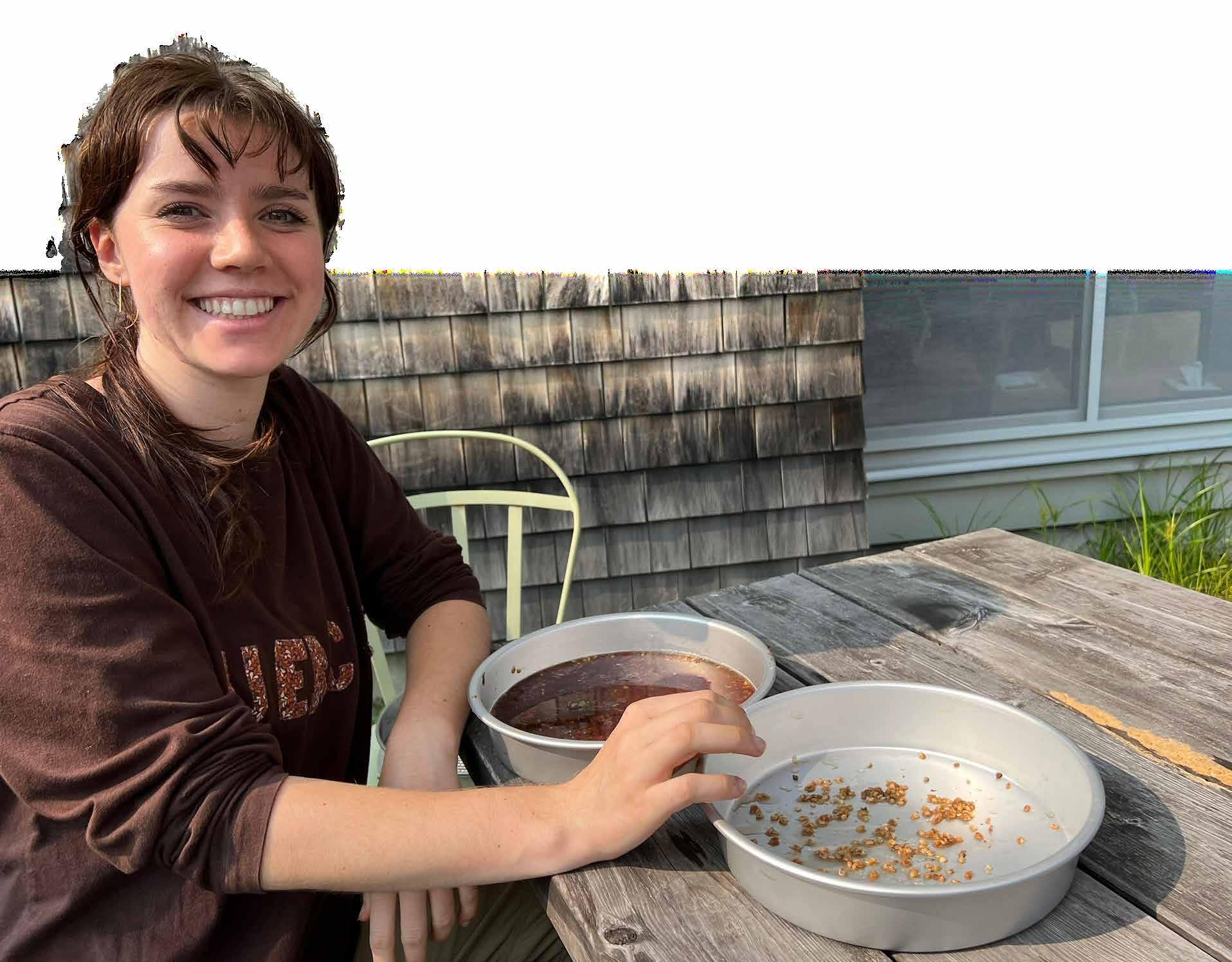
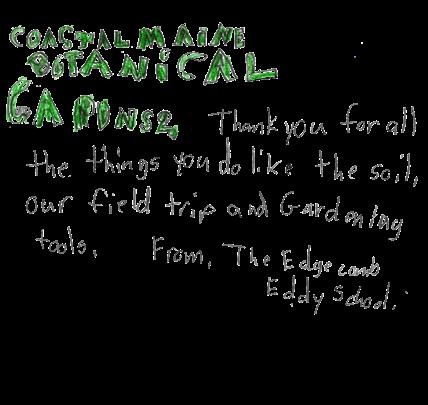
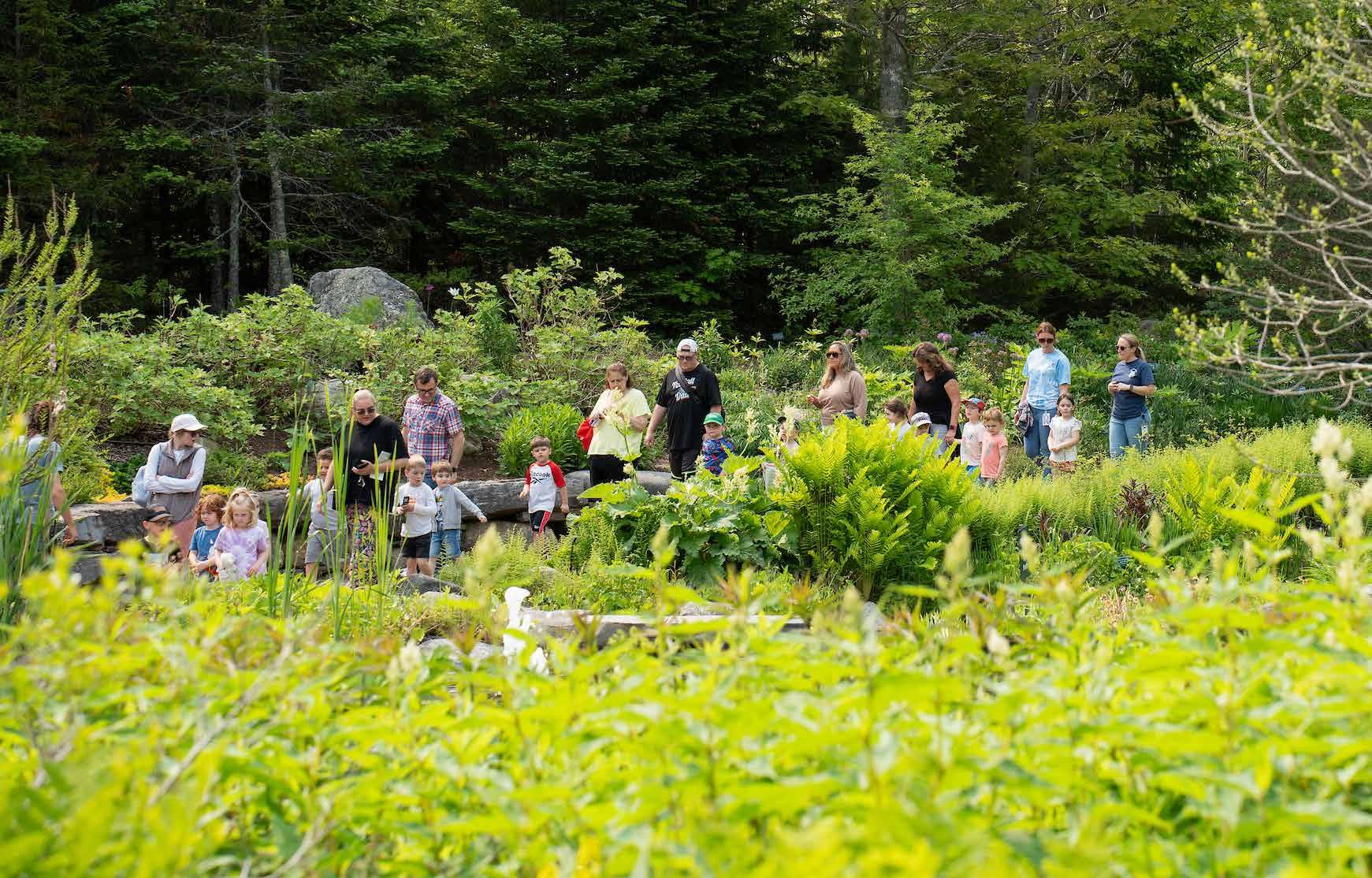
331,442
Total Guests 32,767 Guests Visited at No Cost to Them
123 Staff Members
9,788 Education Registrants
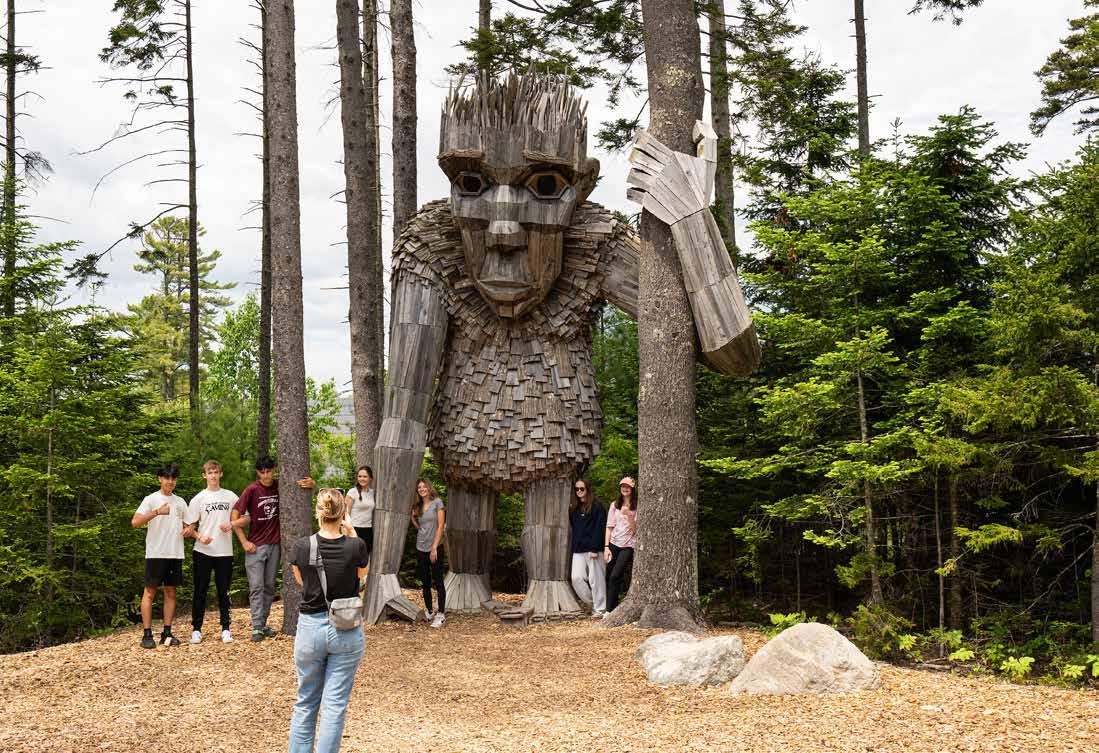
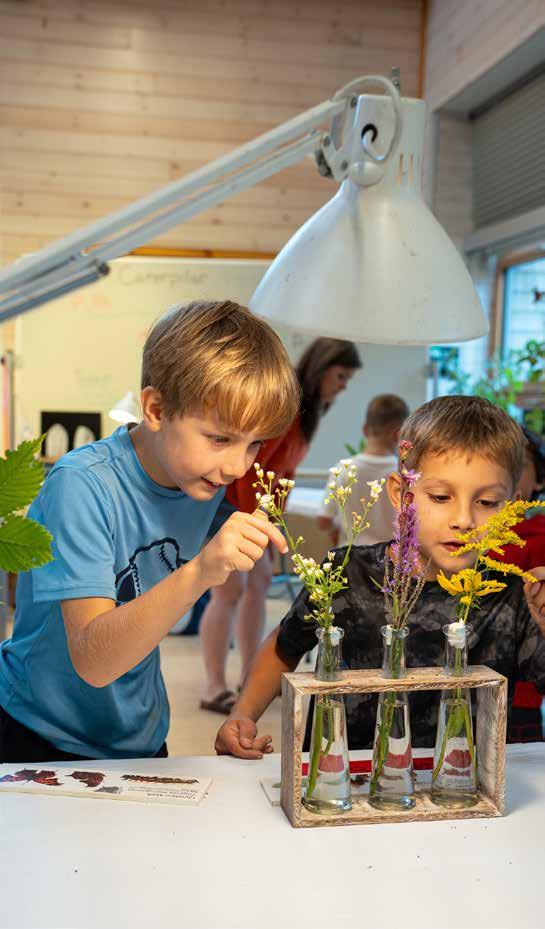
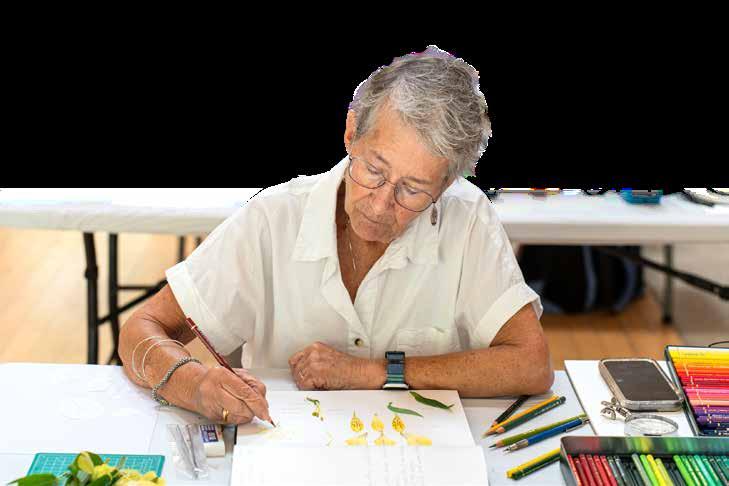
In 2024, we celebrated our 10th anniversary of Gardens Aglow, a milestone year for what started as a simple goal to welcome visitors to the Midcoast during a traditionally quiet season. The light show has become a beloved tradition, drawing more than 900,000 guests to the Gardens in search of joy, connection, and wonder. It also provides an essential part of our financial sustainability, accounting for a third of our annual ticket sales.
While the spirit and intention of Gardens Aglow remain true to its roots, the show has grown and evolved over the past decade. Since the drive-through years of 2020 and 2021,
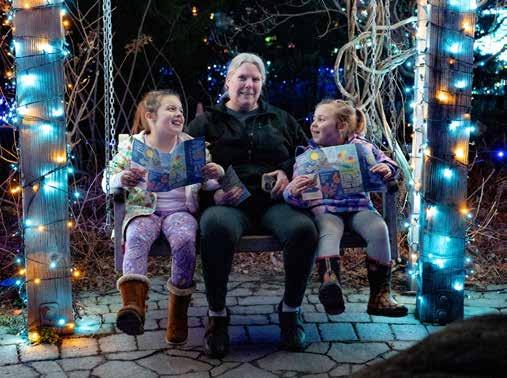
we’ve continued to expand the display with imaginative new sculptures. This year, a giant lit lobster, affectionately named Clawdia, stole the show. The inclusion of trolls Roskva and Lilja delight visitors of all ages. We’ve also expanded our collaboration with local artists, welcoming Rockland-based artist JBone into the experience in 2024.
Our commitment to sustainability extends to Gardens Aglow, from using only high-efficiency LED lights to increasing the use of tree uplighting with spotlights—an approach that’s both energy-efficient and much less damaging to bark and branches.

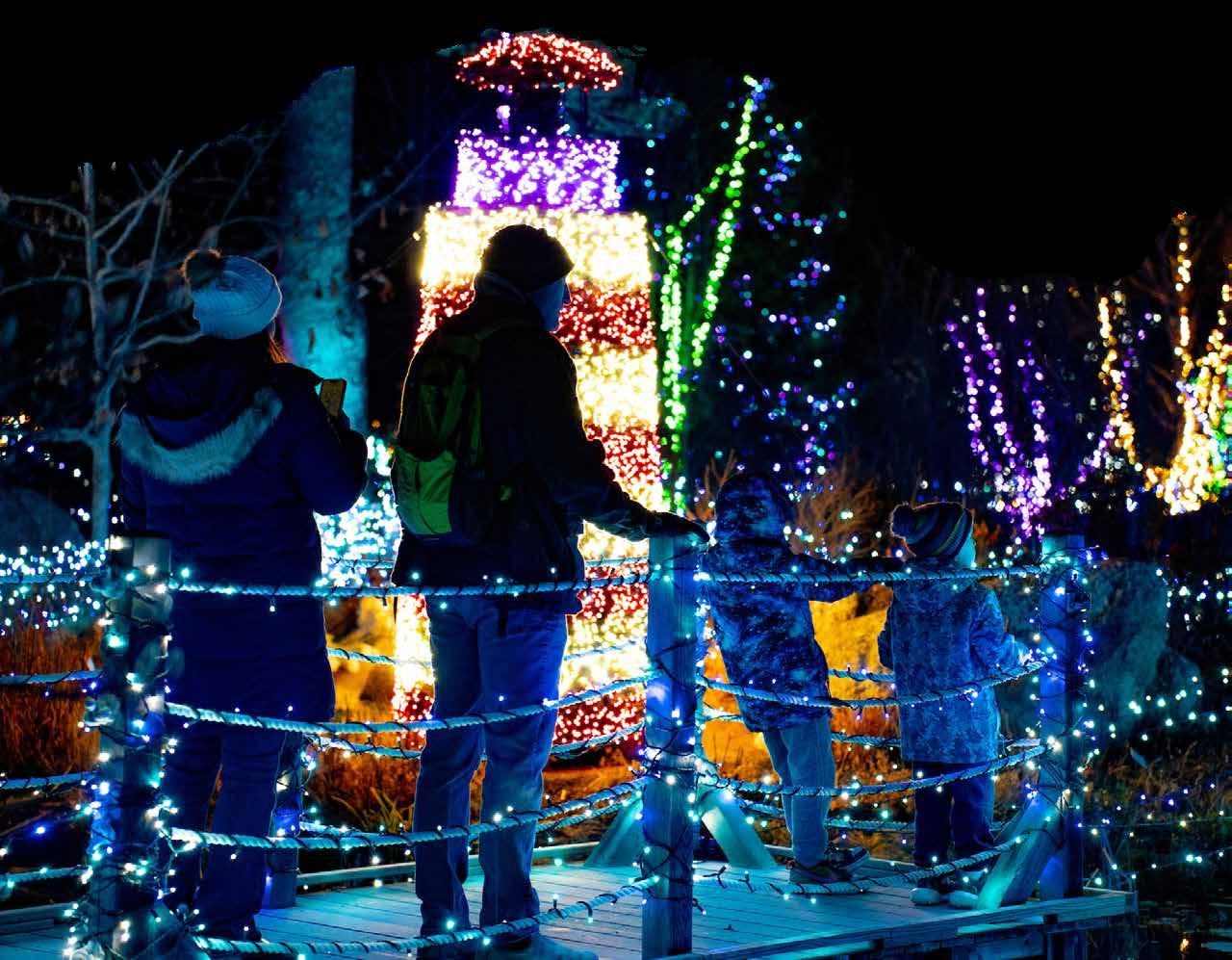


AS ALWAYS, OUR GUESTS SAY IT BEST:
“The gardens were beautiful. The lights were magical. Our grandchildren love it and were in awe. So pretty. So much work. Thank you for another year of beautiful memories.”
“Wonderful, happy way to spend an evening! Have done this a few times and my cheeks always hurt afterwards from smiling for so long at all the displays.”
“My husband and I have attended every Gardens Aglow since its inception. It’s grown every year and we are never disappointed.”
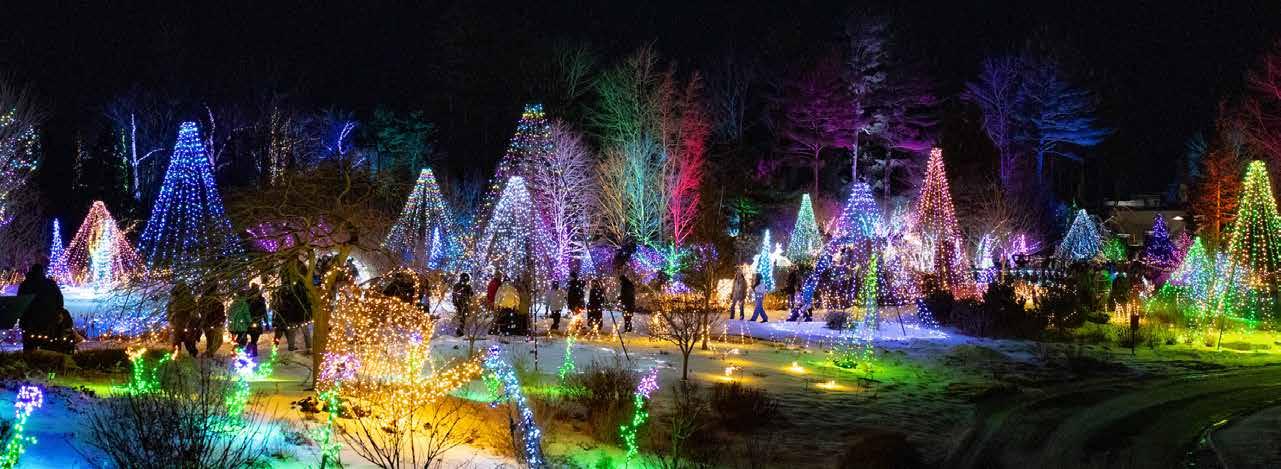
Thank you to our staff, volunteers, Board, supporters, community, and members who make all of this possible.
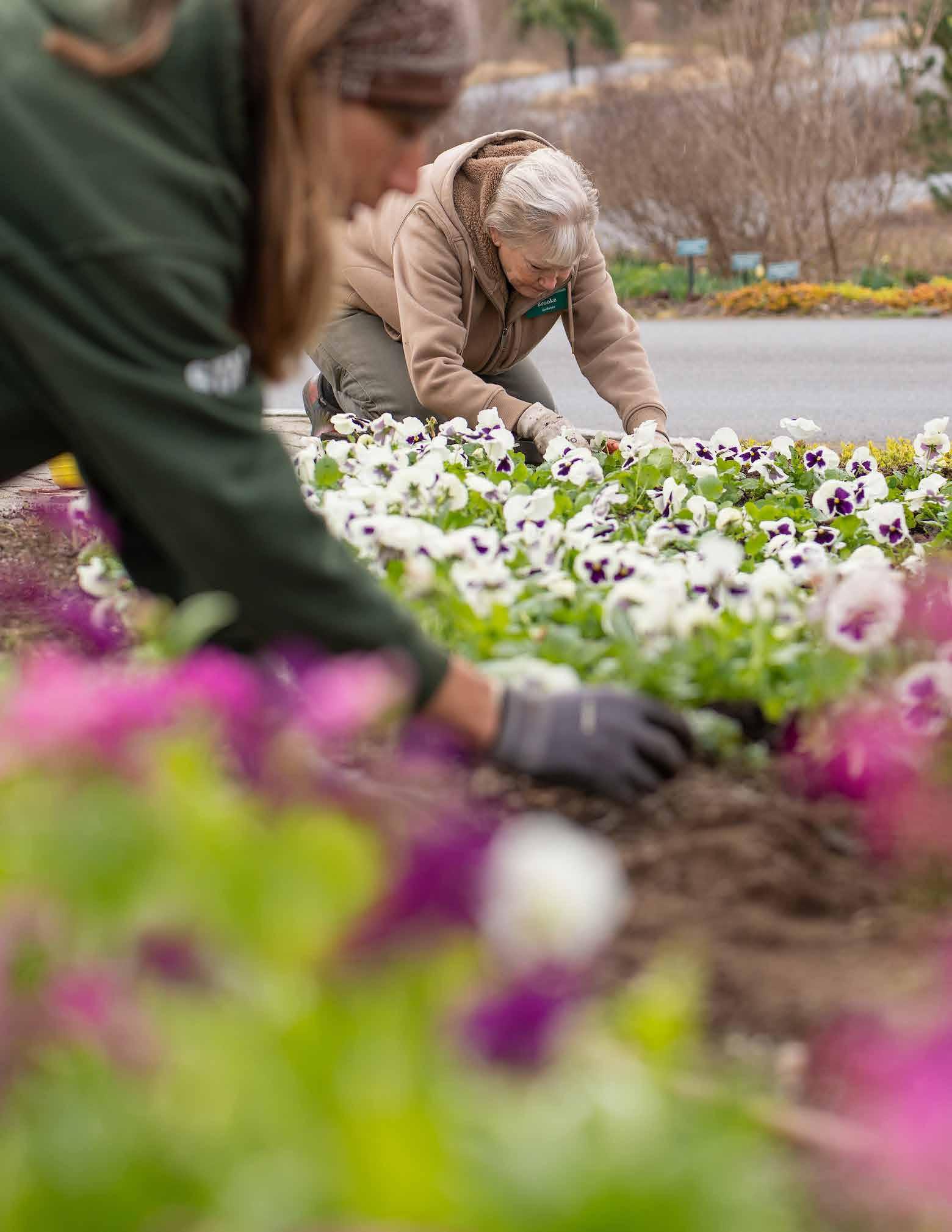
The mission of Coastal Maine Botanical Gardens is to inspire meaningful connections between people and nature and promote plant conservation through horticulture, education, and plant science.